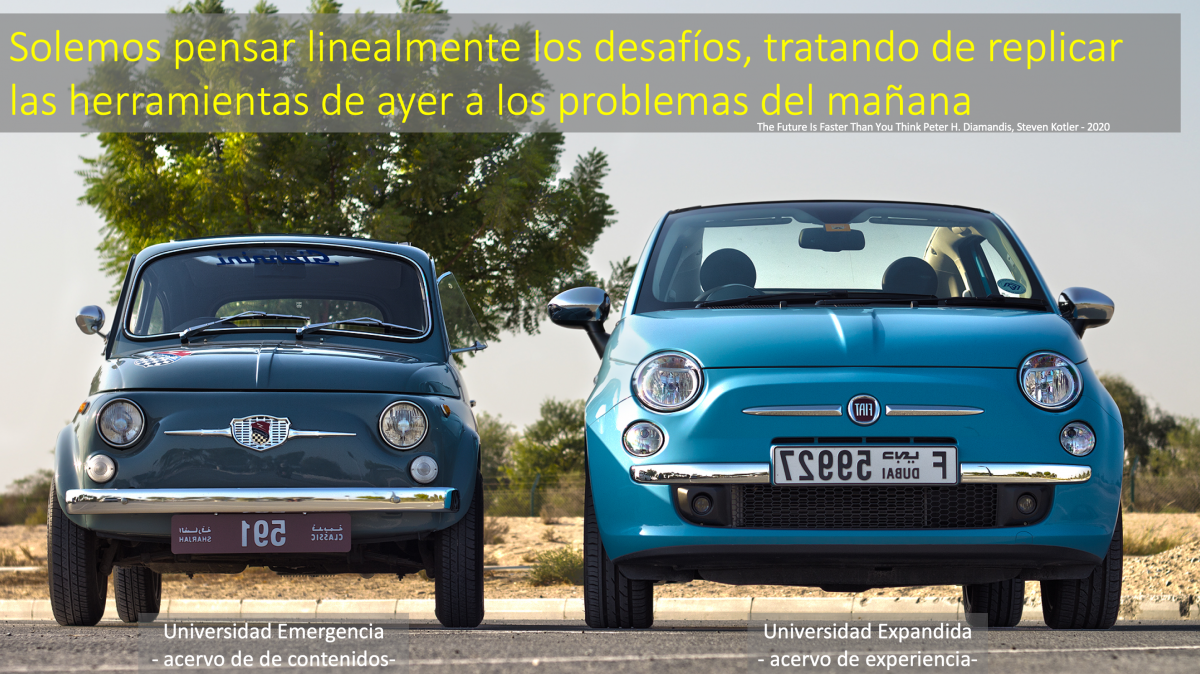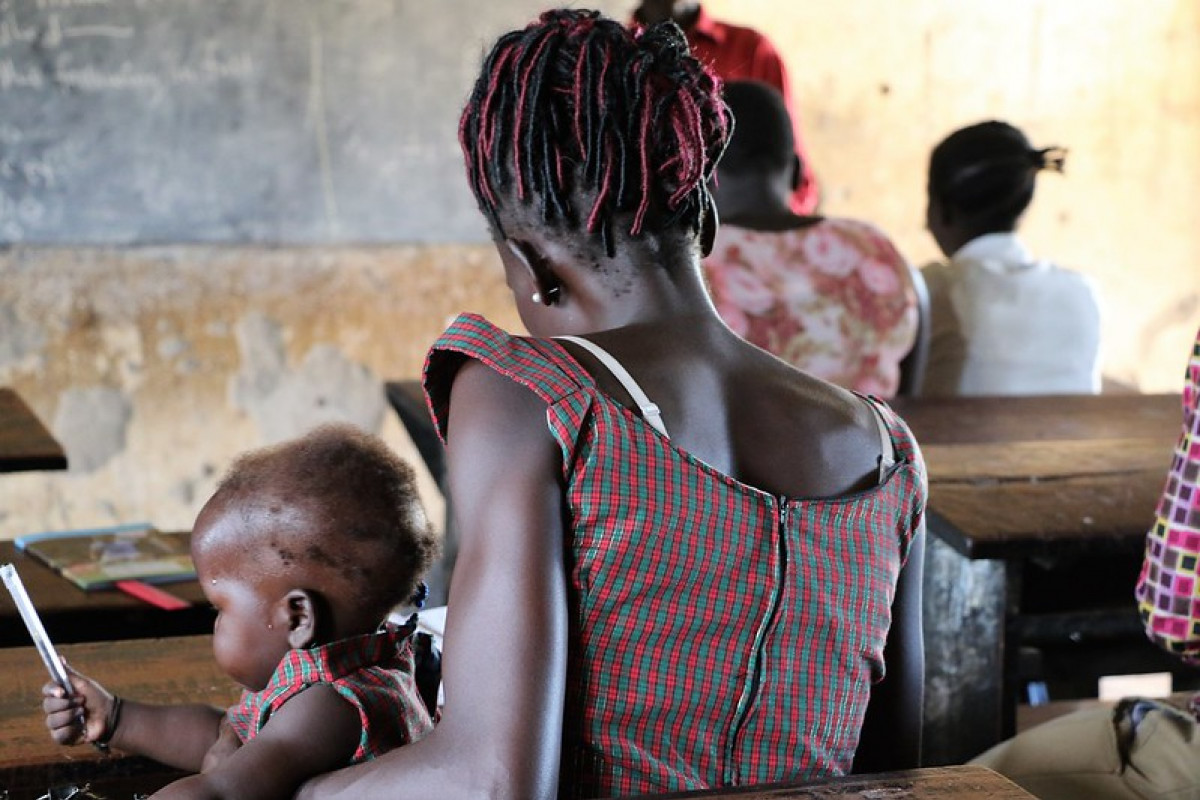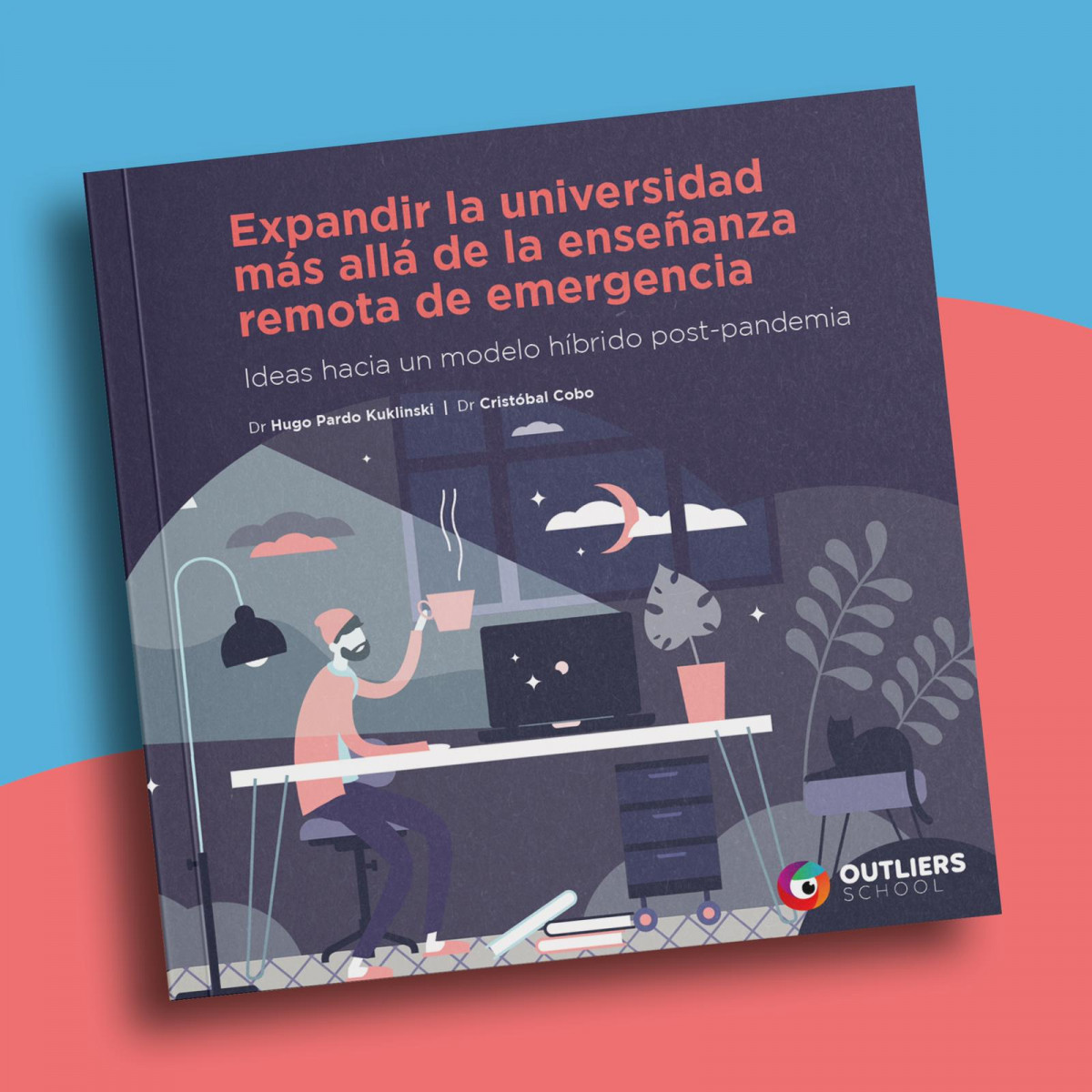Cobo, quien recientemente lanzó junto con Hugo Pardo el libro "Expandir la universidad más allá de la enseñanza remota de emergencia", habló de la necesidad de que las universidades administren, diseñen y exploren formas de construir experiencias de aprendizaje. Aunque señaló que no existe una “fórmula mágica” que se aplique a todas las instituciones de educación superior, compartió con educadores 10 sugerencias especializadas que pueden ayudarles a reimaginar la docencia.
Blog
Interview: Digital Technologies and Human Infrastructure. In this interview the challenges of a society increasingly dependent on digital technologies are explored: "Instead of considering the data literacies as a new and stand-alone capacity, I prefer to look at them as an extension of digital competences and critical thinking. These challenges might seem new, because of the novelty of these technologies, but they are not. The Socratic methods enables students to critically question what they see, read, hear, and do. Any good education system is expected to prepare learners to question and think critically, regardless of the interpretation of reality (e.g. verifying if a news source is reliable; locating the source of a fake video)."
(Blog disponible en castellano) As education systems emerge from this COVID crisis, it is clear that a new chapter is waiting to be written on teacher training (e.g., increasing investments in remote learning, adopting blended models when schools partially reopen, or creating remedial e-courses), which can help educational systems build back stronger and become more equitable. It is critical to develop teachers’ digital pedagogical skills. These are the skills needed to critically assess and decide when and how to incorporate digital tools, and realistically define their impact to support or enhance learning. This is now more crucial than ever, as teachers who cannot effectively use technology may in the future be replaced (or displaced) by those who can. This post includes +15 country experiences. Better strategies are needed for teacher capacity-building, innovating teacher training methods (virtual coaching) and regular follow-up plans to support the skills developed, using remote tutors & peers.
En tiempos de propuestas mediadas por plataformas es necesario humanizar nuestras prácticas pedagógicas. ¿Cómo estamos enfrentando los y las docentes este desafío? ¿Qué opinan las personas expertas? ¿Qué experiencias en curso se pueden compartir? ¿Qué herramientas digitales pueden ser útiles en propuestas para desarrollar a distancia? Es un espacio para conversar y discutir. No hay público espectador ni público pasivo pero al mismo tiempo todos pueden opinar...
En el trayecto de salida de la pandemia actual, la universidad no puede estar en el asiento del pasajero sino del conductor. El conocimiento científico de excelencia, vanguardista y en conexión con el saber producido en diferentes centros de investigación del mundo, serán la mejor forma de alcanzar soluciones a los retos actuales. Desafíos no solo vinculados con las problemáticas sanitarias sino que atendiendo también a todos los retos que traerán la (larga) etapa de recuperación posterior: reducción de inequidades, apoyo a los más rezagados, formas más inclusivas de enseñanza, nuevos mecanismos de subvención y reactivación, socialización del conocimiento, innovaciones medioambientalmente sostenibles, automatización de procesos, recalificación de la fuerza laboral, entre muchos otros. La universidad tiene una oportunidad irrepetible de responder con protagonismo y relevancia a estos retos que apenas empezamos a comprender.
En primer lugar, COVID-19 ha expuesto una gran brecha digital en lo referente a cómo usar la tecnología de una manera pedagógicamente relevante para realzar los procesos de enseñanza y aprendizaje. Además, observamos una brecha digital en las escuelas, que marca la diferencia entre aquellos centros educativos que son simplemente proveedores de contenidos, y aquellos que pueden maximizar el aprendizaje ofreciendo mucho más que el simple acceso a materiales educativos (en línea o a través de radio y televisión). Esta última brecha hace referencia a si una determinada escuela tiene la capacidad de ofrecer secuencias bien planeadas y seleccionadas de aprendizaje digital, junto con un adecuado mecanismo de monitorización. El énfasis debe ponerse no solo en la entrega de recursos, sino también en generar un compromiso y proporcionar una retroalimentación activa. Es decir, en lugar de simplemente maximizar el tiempo en línea, las y los educadores priorizan la calidad de la experiencia de aprendizaje.
🎙Join globally renowned education technology experts Dr. Cristobal Cobo and Professor Neil Selwyn in a discussion with Dr. Monica Bulger about the abrupt shift to online learning as schools close globally in response to the coronavirus. Neil Selwyn advises edtech companies to not see this moment as a triumph, “it is an emergency, not an experiment.” Cristobal Cobo discusses the tools we bring to this crisis and recommends considering short-term and long-term approaches.
Cobo afirmó que una educación digital es necesaria para poder aprovechar el torrente de información existente en la era digital. Asimismo, se refirió a la necesidad de la construcción de derechos respecto a los datos digitales; “cada quien debería tener derecho a la protección de sus datos, acceso a sus datos y si así lo desea, la posibilidad de vender los mismos”. En la charla se plantea que las innovaciones benefician especialmente a quienes están preparados, pero pueden llegar a generar brechas, y la mejor forma de reducirlas es con una mejor educación.
There is a growing body of research focused on the importance of artificial intelligence, computer networking, game development, mobile application development, cybersecurity, today are expected to represent a larger portion of the labor market in the coming decade. All these capacities require not only being able to read and write code (like programming, which can be done by machines), but also and even more important perhaps is the capacity to unpack the software or the tech systems we use (decoding). This idea of "deconstruction", borrowed from the philosophy, is critical to understand how algorithms are built, identify bugs in the system, recognize bias, and problems with functionality but also how they can affect people or affect different groups of users.
Cuando los países buscan favorecer la adopción de tecnologías digitales en el contexto de la educación es fundamental comprender los factores asociados. Para una adecuada integración de las políticas de tecnologías digitales se requiere una perspectiva sistémica y en 360 grados. Las tecnologías digitales por sí solas no son suficientes para transformar la educación. Para ello es fundamental desarrollar competencias institucionales capaces de articular al menos cinco áreas clave...
- ← Anterior
- 4
- 5
- 6
- 7
- 8
- 9
- 10
- Siguiente →













